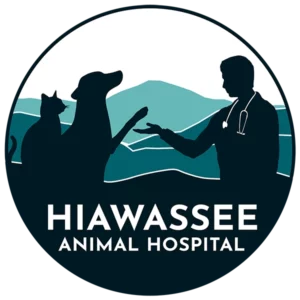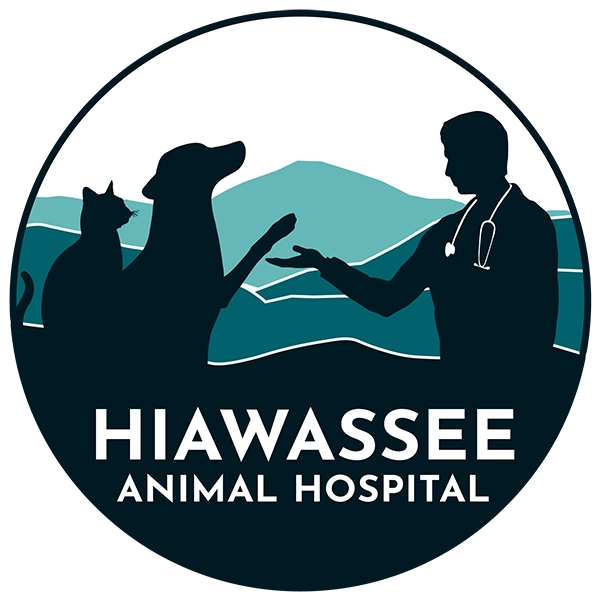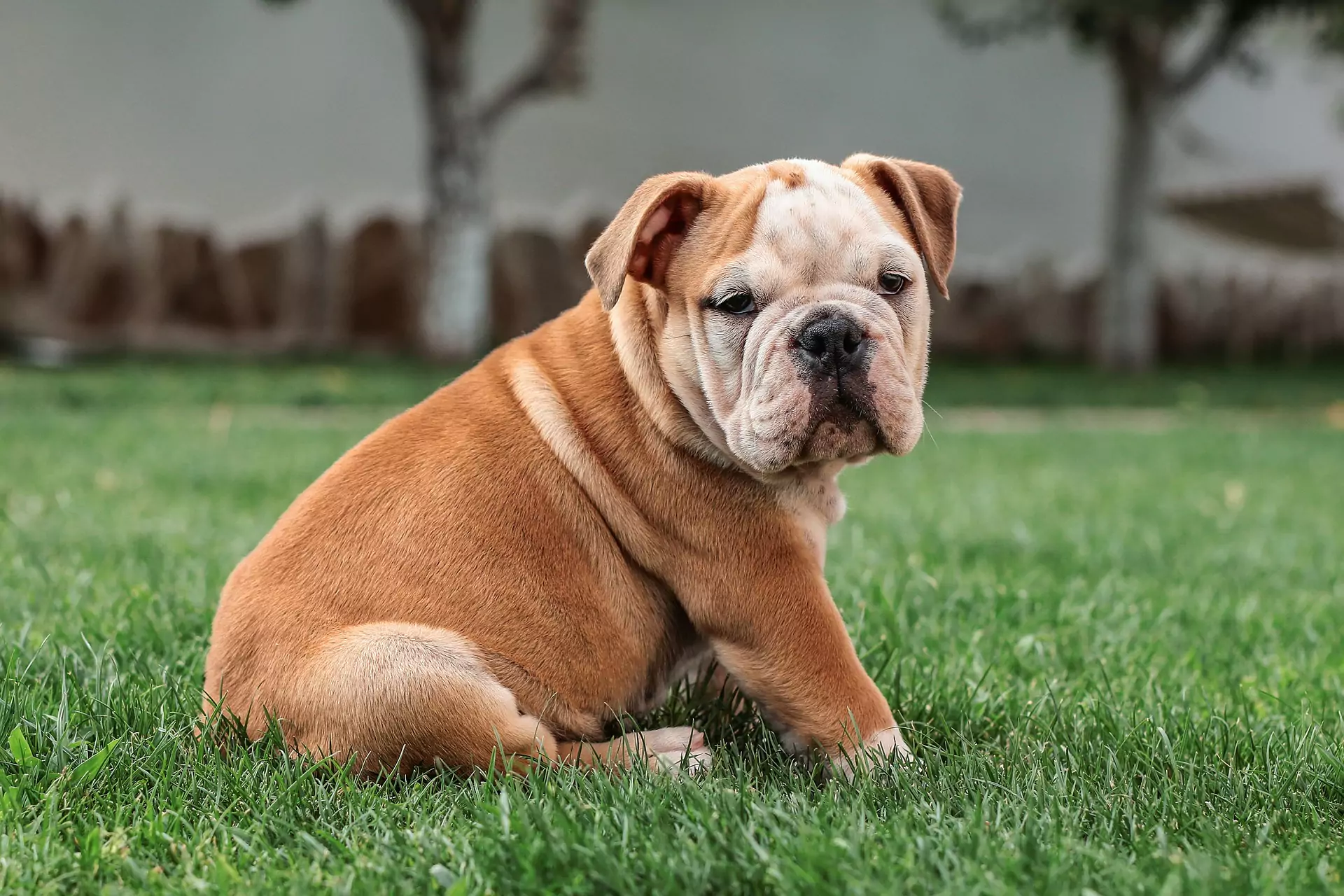Did you know that poisoning is one of the most common causes of emergency visits. The data on this is genuinely frightening. Over 401,500 incidences of pet poisoning are reported each year in the United States alone. a local Hiawassee, GA veterinarian shares info on common poisons, and also offers tips and guidelines for keeping your animal companion safe in this article.
Are Poisoning Concerns Similar for Dogs and Cats?
Yes, and no. In most circumstances, something that is classified as toxic to Fluffy will be dangerous to Fido, and vice versa. However, they have different physiologies, tendencies, and behaviors, so there are some differences.
Cats may be more prone to sickness as a result of spilled liquids or simply having something come into contact with their fur. Fluffy’s skin is quite fragile and absorbs substances very easily. She is also very fastidious about grooming herself, which puts her at greater risk of licking something off her fur. However, Fido can also lick a toxic substance from his paws.
Another difference? Our canine buddies will eat and chew practically anything. Some dogs outgrow this when they finish teething, but others continue to chew well into maturity.
What Should I Do If I Think My Pet Was Poisoned?
This is not a ‘wait and see’ scenario. It’s essential to act fast; your beloved pet’s life could depend on it.
The first thing to do is contact your veterinarian. If it is after hours, call an emergency clinic. You can also contact a pet poison hotline. There are several choices. The ASPCA’s phone number is (888) 426-4435. (Note that charges may apply.) Fido or Fluffy will require emergency veterinary treatment, but it is best if you contact us ahead of time so that we can prepare.
You may also be instructed to administer first aid, such as hydrogen peroxide. Follow the directions to a T, and do not administer anything unless instructed to do so by your veterinarian or a poison hotline representative. Doing the wrong thing might be riskier than doing nothing!
What Are the Telltale Signs of Poisoning in Pets?
The specific symptoms will vary according to the type and amount of poison ingested. However, there are some common ones that you should be aware of.
Some examples include the following:
- Vomiting
- Diarrhea
- Respiratory problems
- Coughing
- Drooling
- Seizure
- Twitching
- Staggering
- Lack of Appetite
- Fever
- Thirst
- Abdominal Pain
- Bloating Collapse
- Shock
- Coma Weakness
- Elevated pulse
- Lethargy
- Excessive urination
Behavioral changes can also serve as a warning sign When cats are ill, they frequently isolate themselves. Dogs might also seem depressed. Grumpiness can also be a warning indicator in certain pets.
Keep in mind that these signs may indicate a variety of problems. If you notice anything that seems off or unusual, contact your veterinarian immediately.
Are Essential Oils Toxic to Pets?
Many people include aromatherapy in their health and wellness regimens. IUse caution. Many of those oils are extremely concentrated, making them potentially dangerous.
Here are some of the risky ones:
- Cinnamon
- Tea Tree Oil
- Citrus Oils
- Pennyroyal
- Peppermint Wintergreen
- Ylang Ylang Pine
- Sweet Birch
- Clove
- Anise
- Wintergreen
- Juniper
Ask your Towns County, Georgia veterinarians for more information.
What Foods Are Toxic to Animals?
Many popular people foods are dangerous to Fido and Fluffy! This list includes the following:
- Anything with Xylitol (Birch Sugar)
- Mushrooms
- Caffeine
- Alcohol
- Avocado
- Grapes
- Raisins
- Currants
- Garlic
- Onions
- Scallions
- Chives
- Various nuts, including macadamia nuts.
- Chocolate
Ask your Towns County, Georgia vet for details.
Which Common Household Products Are Toxic to Fido And Fluffy?
The amount of common household goods that are potentially harmful to your pet may surprise you. As a general guideline, everything that would be dangerous for a child may pose a risk to your four-legged pal.
Here is a small list:
- Pesticides: Bug spray, rodenticides, mouse and rat bait: anything designed to kill insects will be toxic to your beloved furry friend. Many rodenticides include warfarin, an anticoagulant. If ingested, this can result in serious, potentially fatal, internal bleeding. The list also includes treatments for fleas and ticks. These are safe to use as prescribed. However, doubling up or administering the wrong amount may put your pet at risk of poisoning.
- Medication: Some of the most dangerous include aspirin, acetaminophen, and nonsteroidal anti-inflammatory drugs (NSAIDs) such as ibuprofen. Keep both OTC and prescription drugs away from Fido and Fluffy.
- Lawn and Garden Products: These are particularly dangerous because our companion animals can easily ingest them. All Fido and Fluffy have to do is go across a recently treated area and lick their paws or fur. Slug or snail bait is especially dangerous, particularly to dogs. The issue here is a substance called metaldehyde, which is found in several brands. Fertilizer, fungicide, weed killer, and herbicide are all harmful. Keep your furry friend away from recently treated areas. Also, be sure to soak areas after you’ve treated them. Properly wetting regions after applications ensures that the chemicals leach into the soil.
- Cleaning Agents: All household cleaning products should be considered dangerous to pets. Bleach, disinfectants, furniture polish and oil, detergent, drain openers, mold killers, and other items come into this area.
- Automobile Products: Antifreeze is one of the most dangerous. Many of these products have a flavor that pets enjoy. Select a pet-safe brand. (It still would be unsafe for pets, but it is less tempting to them.) Gasoline, oil, lubricants, paint, cleaners, and wiper fluid provide extra concerns. Keep your pet away from areas where you have used chemicals, rodenticides, or pesticides, and quickly mop up any spilled antifreeze or chemicals. Sand or kitty litter can be used to clean up spills.
Which Houseplants Are Poisonous to Fido And Fluffy?
Many pets like nibbling on plants. That can be adorable, but it can also be really dangerous. The entire list of hazardous plants is too long to present here, so we’ll focus on some of the most common ones.
Lilies are some of the most harmful plants for cats. Even tiny doses can kill cats. Fluffy only needs to bite on a leaf or drink a small amount of water to get sick. Fido is particularly susceptible to Sago palms.
Here are some of the toxic ones:
- Rhododendron
- Crocus
- Cyclamen
- Chrysanthemum
- Ivy
- Sago Palm
- Foxglove
- Lilies
- Common daisy
- Irises
- Peonies
- Tulips
- Daffodils
- Hyacinth
- Oleander
- Amaryllis
- Lily of the Valley
- Azalea
- Hydrangea
- Holly
In general, everything with a bulb is harmful. That includes tulips, daffodils, onions, and garlic. The ASPCA website includes additional information about safe and harmful plants.
Remember that even non-toxic plants can be dangerous. Roses, for example, have sharp thorns that, when consumed, can inflict significant inside harm. Ask your Hiawassee, GA veterinarian for further information.
Are Salt Lamps Toxic to Pets?
Actually, yes! Some animals enjoy the taste of salt. Fluffy and Fido may obsessively lick the lamp, which puts them in danger of salt poisoning. That doesn’t mean you can’t have one; just keep it somewhere your animal buddy can’t get to it.
Make An Appointment At Our Towns County, Georgia Pet Hospital
Are you concerned about your pet’s health, safety, or care? We are always happy to help! Please contact us, your local Towns County, Georgia animal clinic, today!



